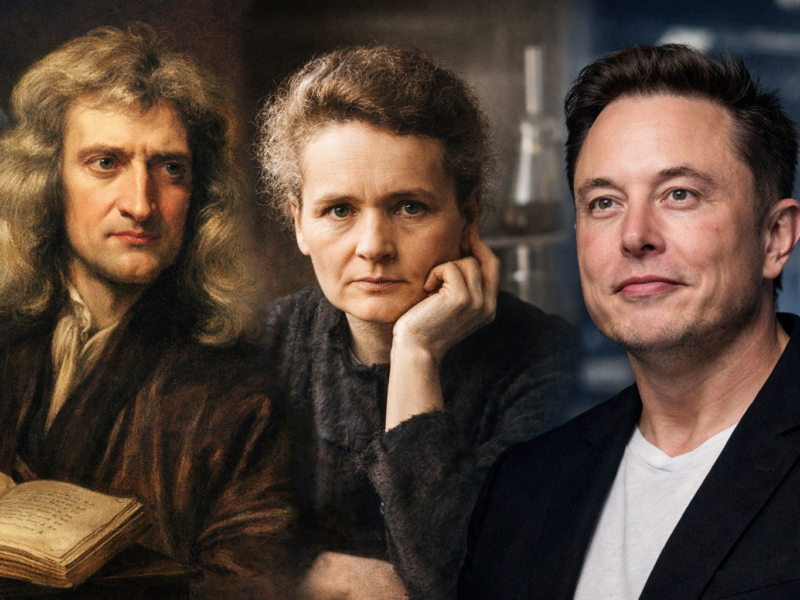INTJs, known for their logic, strategy, and independence, often struggle to comprehend their complex emotional world, which they rarely reveal.
INTJs are naturally wired to rely on Introverted Intuition (Ni) and Extraverted Thinking (Te), which makes them visionary thinkers and efficient decision-makers. But their Introverted Feeling (Fi)—the function responsible for values and emotions—is often buried deep. This can lead to emotional blind spots that they don’t recognize until it’s too late.
Genetics vs. Environment
Research suggests that genetic temperament plays a significant role in how INTJs manage emotion. Studies link traits like emotional suppression and emotional regulation to brain structure and neurotransmitter activity.
Add in environmental influence—like childhoods where logic was rewarded and emotion was dismissed—and many INTJs grow up learning to analyze emotion, not feel it.
This creates a long-term imbalance where emotional growth is delayed.
Jung’s Shadow in the INTJ Psyche
Carl Jung’s “Shadow” represents the parts of ourselves we hide or reject. For INTJs, that often includes vulnerability, emotional dependency, or raw feelings. They bury these traits to maintain control, but the Shadow doesn’t disappear. It resurfaces as:
- Emotional outbursts
- Sudden anxiety or withdrawal
- Coldness in relationships
INTJ celebrity case studies like Elon Musk and Christopher Nolan show this tension. Both men are brilliant creators, often called “distant” or “emotionally robotic”—signs of suppressed emotional processing.
The Breakthrough:
The path forward for INTJs isn’t about exposing themselves to emotions but integrating them. Recognizing their Shadow and valuing emotional feedback as another source of data can lead to a more balanced, strategic life.
–American Academy of Advanced Thinking & Open AI


